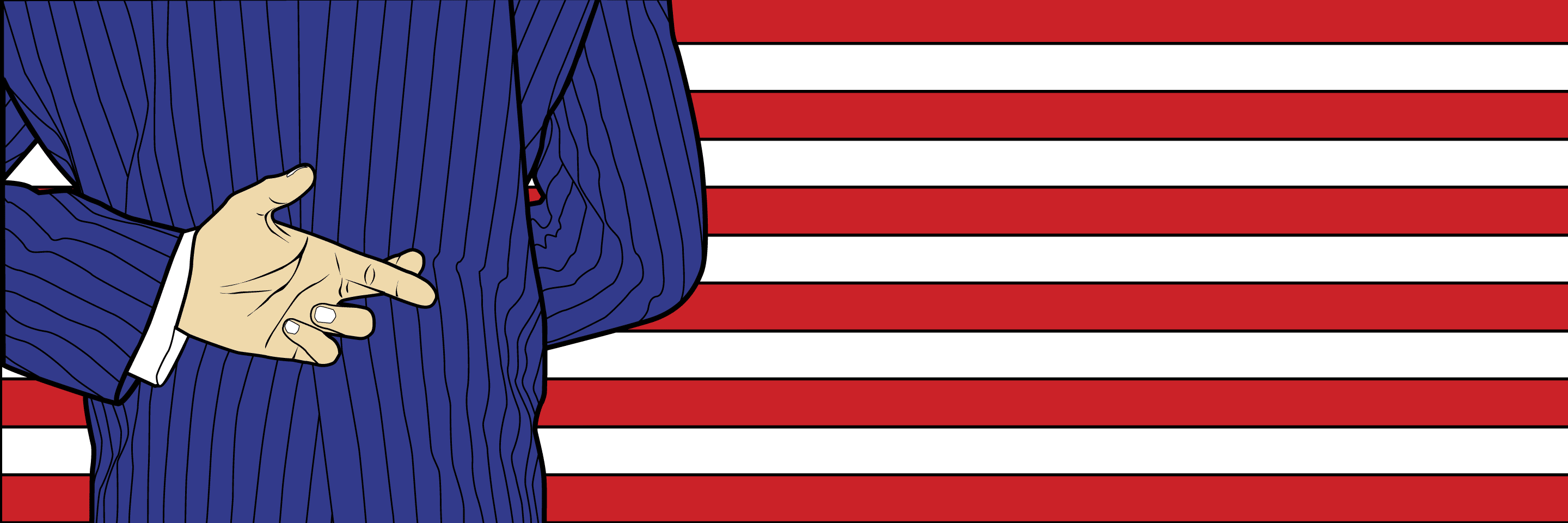Imagine two candidates for president, and ask yourself who is more likely to win.
Candidate A observes that people are facing generally rising prices. Their total at the supermarket checkout is higher than last year. Filling up the car at the gas station takes a bigger bite out of the budget. Everything the kids need seems costlier. Besides all that, the prospect of buying a home or moving to a larger apartment looks grim—too expensive.
Responding to this situation, Candidate A launches a campaign promising to defend the middle class and other working people against “corporate greed.” Specifically, he proposes an expanded child tax credit, a crackdown on “price gouging,” and down-payment subsidies to first-time home buyers. Targeted tax credits to homebuilders and small businesses are among the promises. (These and other tax credits are called “refundable,” which means qualifying people who pay little or no taxes have their nonexistent tax payments refunded to them—a logical impossibility.)
Candidate B, not your typical frontman for a mass-marketing campaign, sees the same hardships as Candidate A, but he has a different message. He pledges to move heaven and earth to repeal taxes on savings, investment, and business, including the capital-gains tax and the corporate income tax. He explains that taxes on savings, investments, and enterprises are dishonest because businesses don’t pay taxes; they collect them—from workers, customers, and corporate shareholders. Such taxes constitute double and even triple taxation. (See Roy Cordato’s “Corporations Should Pay Higher Taxes?” and “Taxing Investment.” ) He also promises to work to abolish regulation on business, which raises production costs, hikes prices, and reduces the supply and variety of consumer products.
The candidate unabashedly promotes his plan in the name of economic growth and prosperity for everyone. He does so because he believes that the only way for everyone to get rich(er) is for production to expand, for labor to become more productive, and for real prices to fall through increased supplies. That requires saving and investment, that is, deferred consumption. Anything that discourages savings is bad, he says. He favors prosperity, he says, over income equality, which is a recipe for poverty.
The candidate proposes to accommodate the lost revenue by pushing Congress to cut spending all through the budget. He also calls on the governors, county executives, and mayors to eliminate the barriers to home and apartment construction, including zoning, because, he notes, high housing prices are caused by politically restricted supply. This is especially egregious where some of the most lucrative jobs are. However, since housing is artificially scarce, many people can’t move to where the best jobs are because they’re priced out of the housing market. He also promises to get rid of any federal regulations that keep the housing supply from meeting the demand.
In general, Candidate B explains to voters that increased consumption requires increased production (not vice versa) and that bureaucracy discourages savings and raises costs and prices. The government is not good at creating real wealth; it is a consumer and engine of transfer, not a producer.
Who’s likely to win the election? The one who promises direct help to middle- and working-class consumers or the one who promises to help them indirectly by freeing up entrepreneurship and free enterprise?
Does anyone doubt who, other things equal, would prevail? Candidate A would be widely portrayed as a champion of the people, a hero bursting with compassion and courage to take on special interests. Candidate B would be portrayed as a shill for Big Business and Wall Street, who favors having all the wealth go to the top 20 or even 1 percent, while the rest of America gets poorer and poorer. (Although that is the opposite of what’s been happening for many decades.)
In other words, the candidate who understands how the free-enterprise system tends to work when left unmolested by politicians and bureaucrats will be scorned as an enemy of progress. Meanwhile, the candidate who either is ignorant of economics or engages in demagoguery will be lifted on people’s shoulders and carried into the White House.
That’s what a representative democratic republic produces. The result is a total national debt—$35 trillion and change—larger than GDP—almost $29 trillion—not counting the unfunded liabilities of the so-called entitlement programs. Interest paid on the debt will be about $900 billion this fiscal year, which ends September 30. Annual budget deficits have hit $2 trillion, which the government covers by selling bonds, which in turn the Fed (short for Federal Inflation Generator) buys up, creating money out of thin electrons. Inflating the money supply then raises prices generally as more dollars chase the same amount of goods, imposing hardship on regular people. A fiscal crisis looms.
If this tale of two candidates does not make you question the utility of government, what would?






























